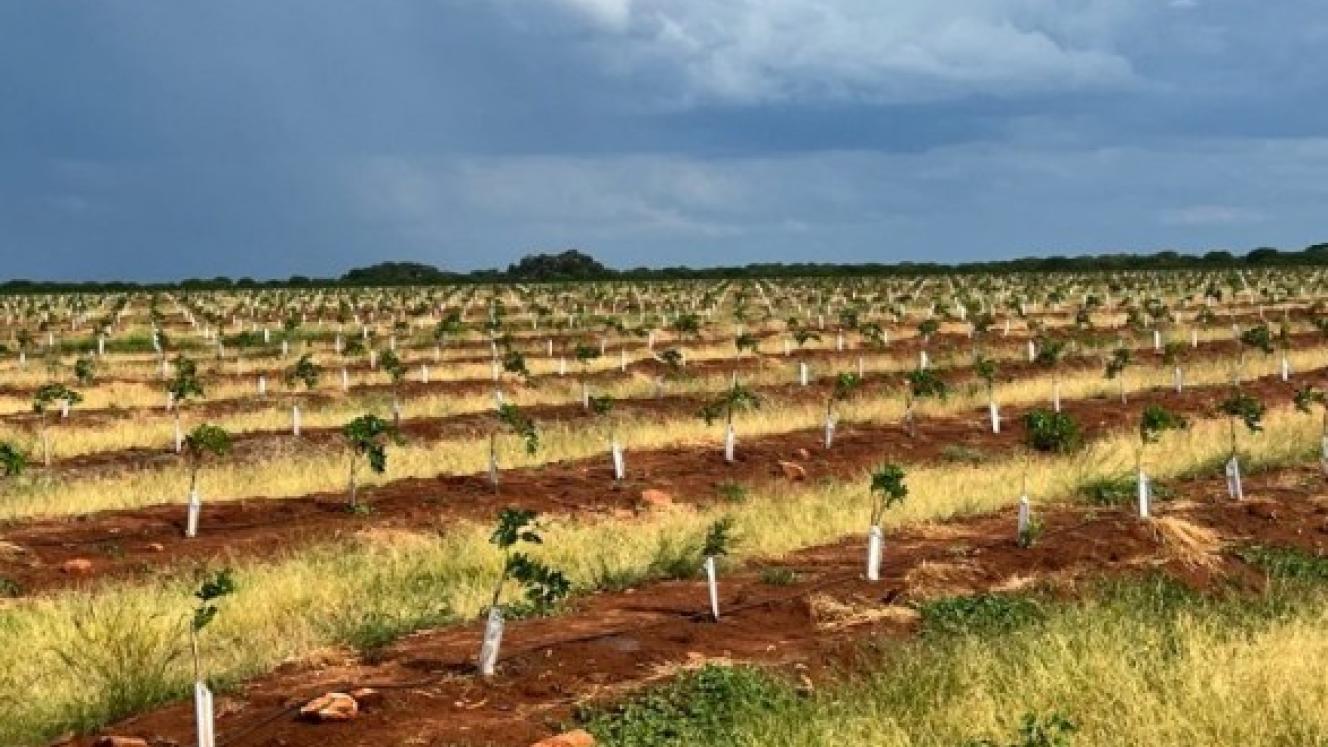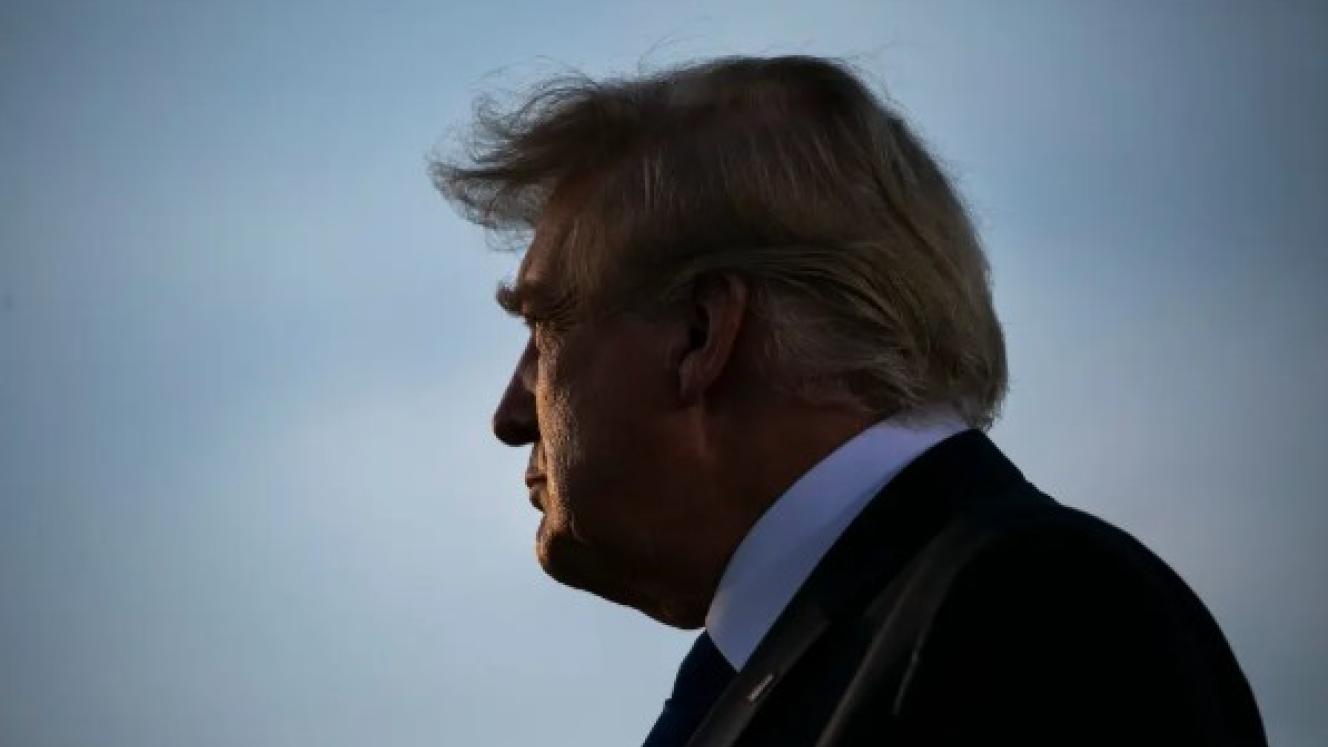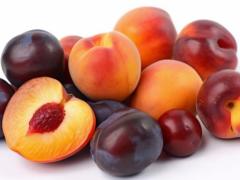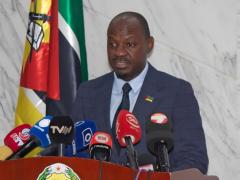Botswana’s first-ever citrus-production facility remains on track for exports to markets like the United States, despite the government of President Duma Boko failing to avoid a 28% tariff increase levied by the Trump administration.
Selebi-Phikwe Citrus, established as an economic recovery project following the 2016 closure of the nearby BCL nickel-copper mine, spans about 1 500 hectares and, at full production, has capacity to produce a projected 80 000 tonnes of fruit per year.
In addition to the US, the project of some 350 000 trees had secured the necessary market access agreements for exports to South Korea and India, with phytosanitary negotiations for China ongoing.
Its first successful harvest of about 22 000 tonnes officially marked Botswana’s entry into growing Valencias, lemons, grapefruit and navels.
Situated south of Francistown and irrigated from the Letsibogo dam, the Selibi-Phikwe Citrus project was initiated in 2018 by Pieter Scholtz and Deon van der Westhuizen.
Site selection was based on favourable altitude, climate, pest isolation, and official designation as free from Citrus Black Spot disease.
The 1 700-hectare development – of which 1 300 hectares will be planted – was launched in December 2020. The first phase, covering almost 1 000 hectares, was completed in 2023.
According to earlier reports, phase two is under way, with completion expected by 2027–28, although it’s not certain to what extent this could be changed by Trump tariffs, if at all.
To manage volumes, an on-site packhouse was commissioned in January 2024. The 12,000-square-metre facility at Selebi-Phikwe Packers features an eight-lane grading and sorting facility with capacity for 45 000 tonnes. A second phase, scheduled for completion by late 2026, will add a ten-lane sizer and expand the building and offloading areas by 8 000 squares.
The project is backed by the Botswana government as part of its ongoing efforts to stimulate economic growth and job creation through foreign currency earnings, import substitution and GDP diversification.
At full maturity, Selebi-Phikwe Citrus is expected to employ about 1 500 people













